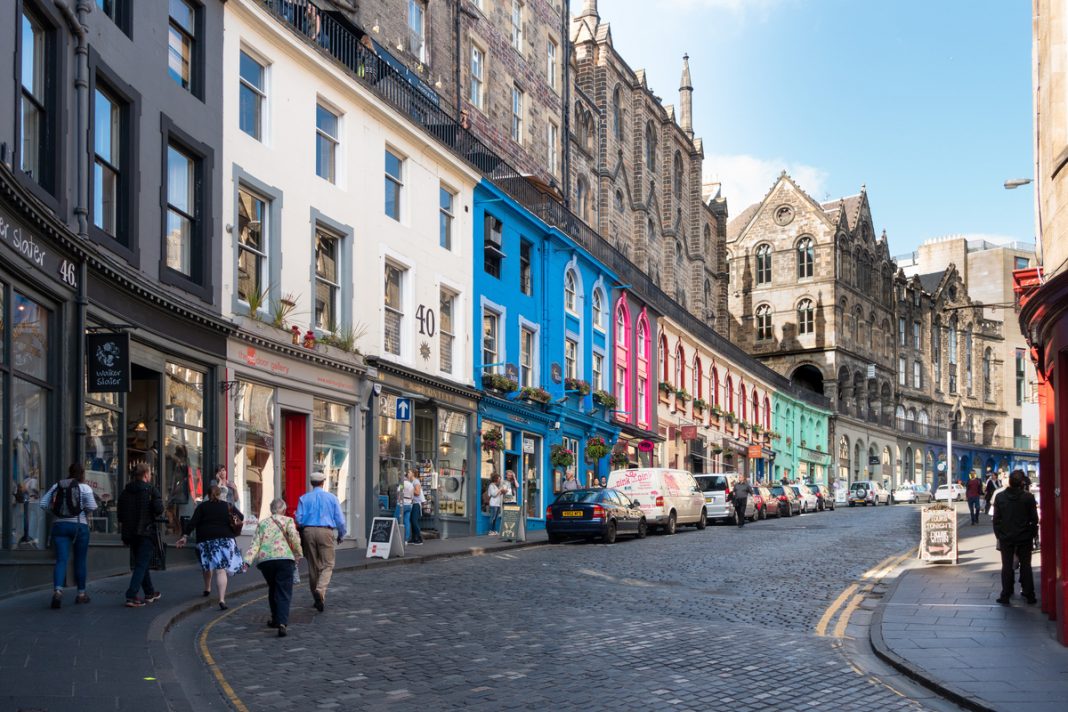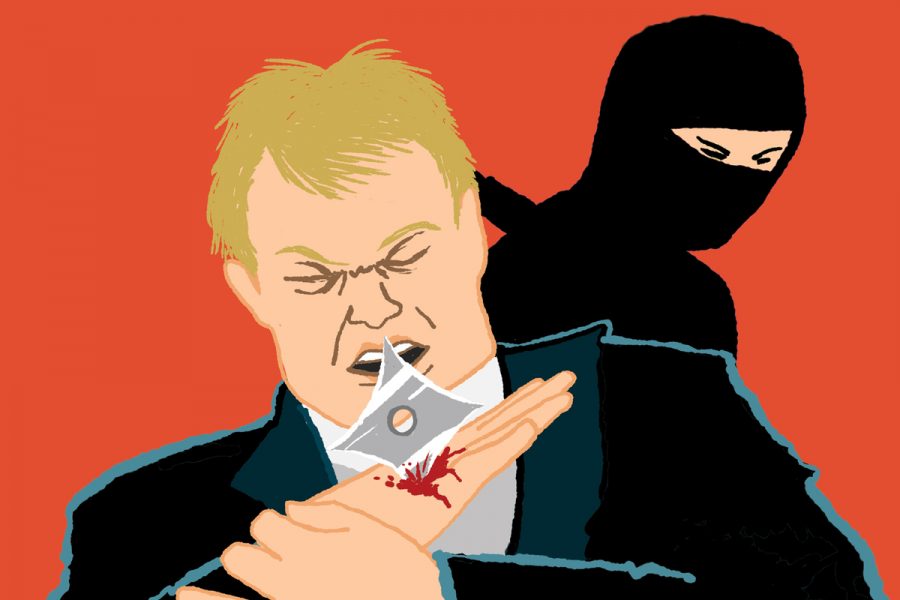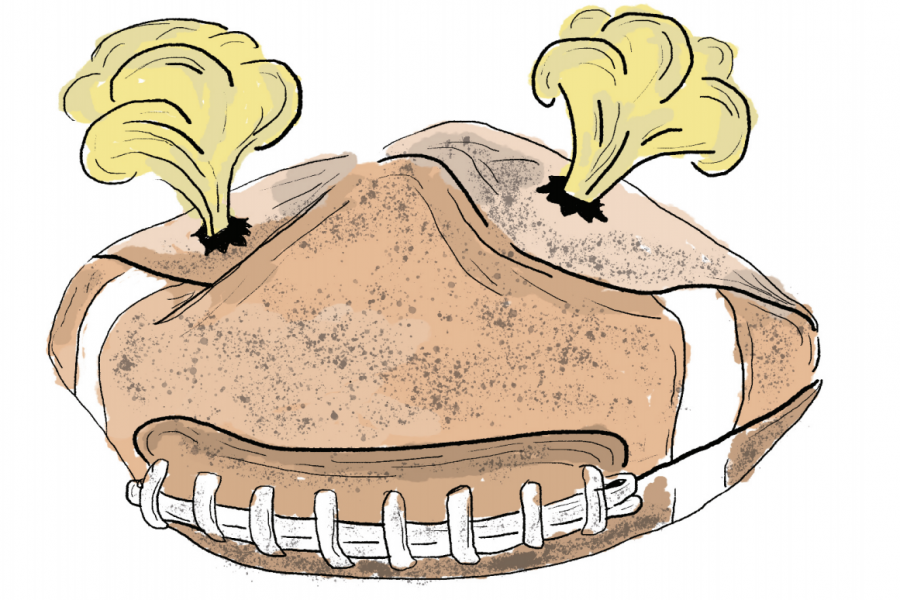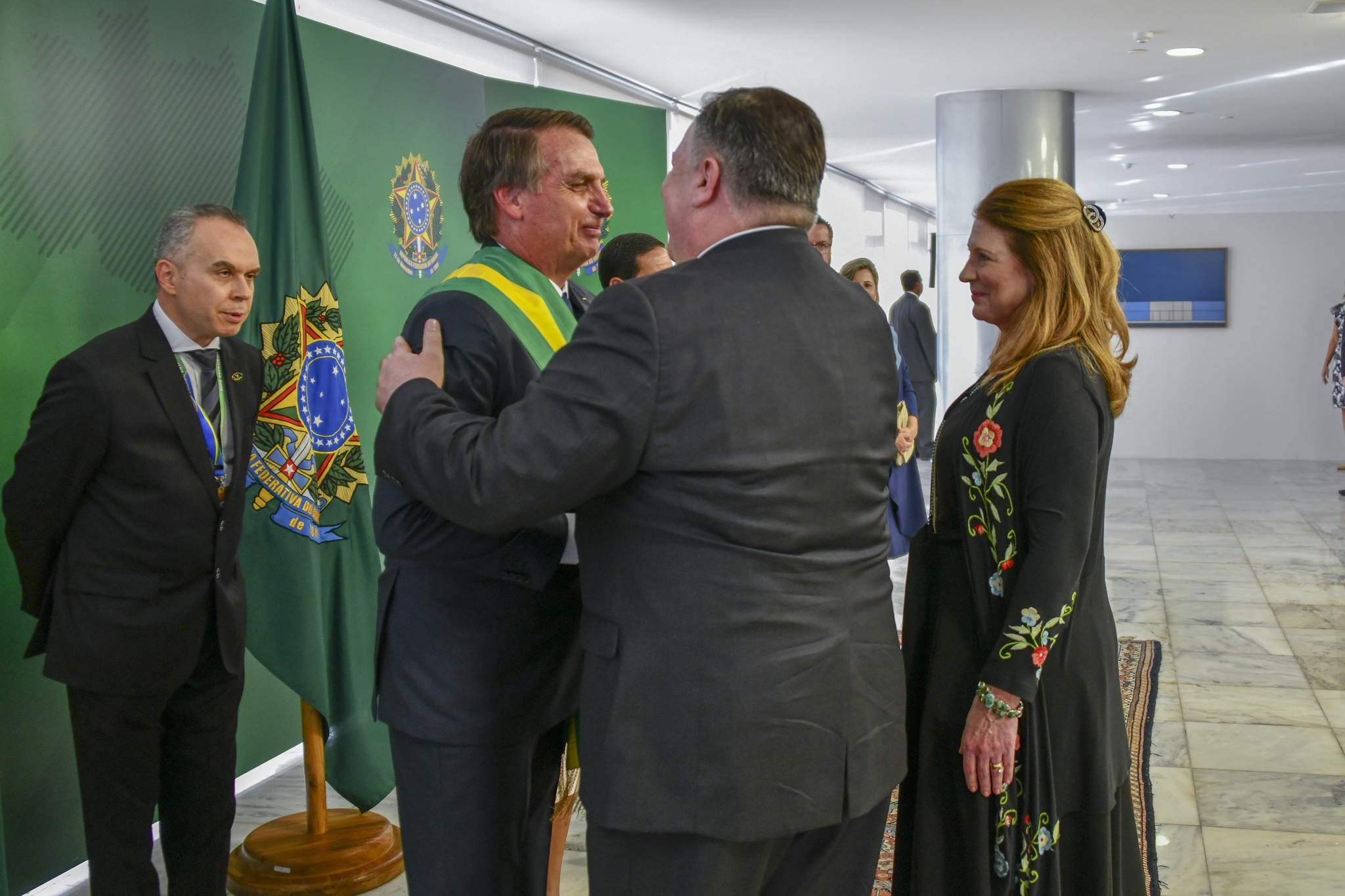New concerns have arisen that tourism, a main force in the Scottish economy, may have unintended consequences on the country and environment, according to the Scottish Tourism Alliance.
New statistics from tourism agency VisitScotland reveal that in 2018, there were approximately 15.5 million overnight tourism trips and about 153 million day trips throughout Scotland. These numbers are part of a bigger spike that reveals gross added value has increased by £234 million, or roughly $257 million, since 2016 from tourism.
The Scottish Tourism Alliance recently addressed climate concerns at a summit in Edinburgh. “We know that the global climate emergency agenda has shifted the way we think about where we travel and stay, how we get there,” said STA chief executive Marc Crothall at the summit. “The impact we ourselves have on our global environment and our destinations, we are being much more conscious in making our leisure and food choices.”
According to STA, they hope to encourage visitors to “live like a local” and decrease the number of short-term stays in Scotland. Their hope is that this will lower the environmental impact of tourism.
“Scotland has for the first time in the last few years experienced what some refer to as ‘over tourism’ in certain areas, creating pressure on infrastructure, with negative impacts on local communities and widespread reporting of that in the media,” Crothall said in his speech.
Worldwide, modern tourism has left its imprint on climate change. According to World Atlas, tourists account for approximately 60% of air travel, a major contributor to transportation pollution.
Tourism can also lead to noise and light pollution to areas that can distress wildlife. Physical pollution is also a concern, World Atlas estimates “cruise ships in the Caribbean produce over 70,000 tons of waste annually.”
However, the increase in tourism has many positive effects for those in the industry. David “Nory” Hope, owner of the tour company Heartland Travel has been in the Scottish tourism industry for eight years.
“Since I’ve been in this business I’ve seen a huge shift in numbers,” Hope told Vanguard. “Right now, we’re benefiting hugely from a couple of things that have happened, through a TV show called Outlander and also through the film Outlaw King.”
While TV and movies may present a version of Scotland, Hope said she feels that tourists come to Scotland because they “want to walk away understanding the real story, which is brilliant for tourism and brilliant for Scotland.”
Hope said the popularity of the vacation rental company Airbnb is partially responsible for the increased numbers of tourism, especially on the Isle of Skye. “There has always been a limit to the amount of people who could get a bed on that island, but with the rise of Airbnb there’s always beds, and that means everything is busier,” Hope said.
Malcolm Roughead, chief executive of VisitScotland announced the future industry strategy would be a “combined effort,” which will be developed with its own representatives, tourism businesses, local authorities, the Scottish Government and agencies like Scottish Enterprise and Historic Environment Scotland to ensure future protection of Scotland’s natural resources.






